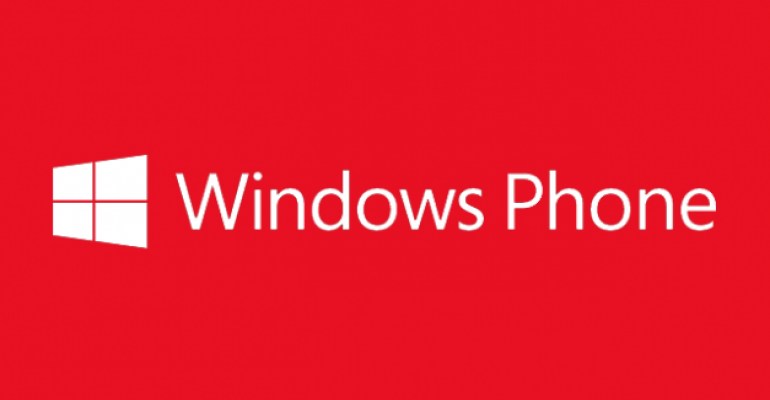Over the last few weeks we have discussed the Windows Phone ecosystem at length and it seems our concerns about the platform are not unfounded based on information in a recent financial filing from the company.
There is the issue of the app exodus as various companies and services continue to pull their apps from Windows Phone and then the lack of any serious flagship hardware in over a year.
Last week, during Microsoft’s quarterly earnings call, Satya Nadella made an interesting comment regarding the phone business and it was one of the key takeaways I pointed out afterwards.
Here is that quote again:

We continue to demonstrate momentum in the value smart phone segment of the phone market, driving 18 percent growth in Lumia volume this quarter. However, we need to take further action to reduce our costs across devices as we execute on our Windows 10 first party hardware plans.
At the time I expressed my concern on what this might mean about flagship level hardware for the future and now it seems that concern may go even further for a lot of us who use Windows Phones.
Earlier today Mary Jo Foley from ZD Net reported on the filing of a 10-Q form with the United States Security and Exchange Commission by Microsoft.
In this document there were some concerns raised about the company’s phone business which help to clarify why Nadella’s made the above comment during the earnings call.
Given its recent performance, the Phone Hardware reporting unit is at an elevated risk of impairment. Declines in expected future cash flows, reduction in future unit volume growth rates, or an increase in the risk-adjusted discount rate used to estimate the fair value of the Phone Hardware reporting unit may result in a determination that an impairment adjustment is required, resulting in a potentially material charge to earnings.
As Mary Jo clarified in her story an adjustment in this situation would be termed a write-off and not a write-down. Both of these terms are related to taxes so to better understand the difference between these two terms I went to the Financial Web portal to look at the definitions:
Writing Off the Asset
If you write off your assets, you will effectively be throwing them away. You will be telling the IRS that the asset is no longer valuable in any from. This can be true if you have galloping losses on your stocks, but it may be the case that you are too eager to discard something which is no longer performing well.
Write Down the Asset
In order to write down the asset, you should reduce the estimated value of the item. This is usually done because the asset is over-graded, and is no longer sell-able at the higher price. The asset is written down to sell it off.
You might remember Microsoft’s very public write down of nearly $1 billion dollars relating to its Surface RT business in 2013 and then they took a write off in 2012 after its acquisition of aQuantive.
The one positive that can be taken away from this entire situation is that it appears Microsoft will stick with their phones through the Windows 10 transition while still looking for efficiencies to reduce overall costs.
If Windows 10 does not carry things forward then we may be looking at the end of Windows Phone as we know it.






